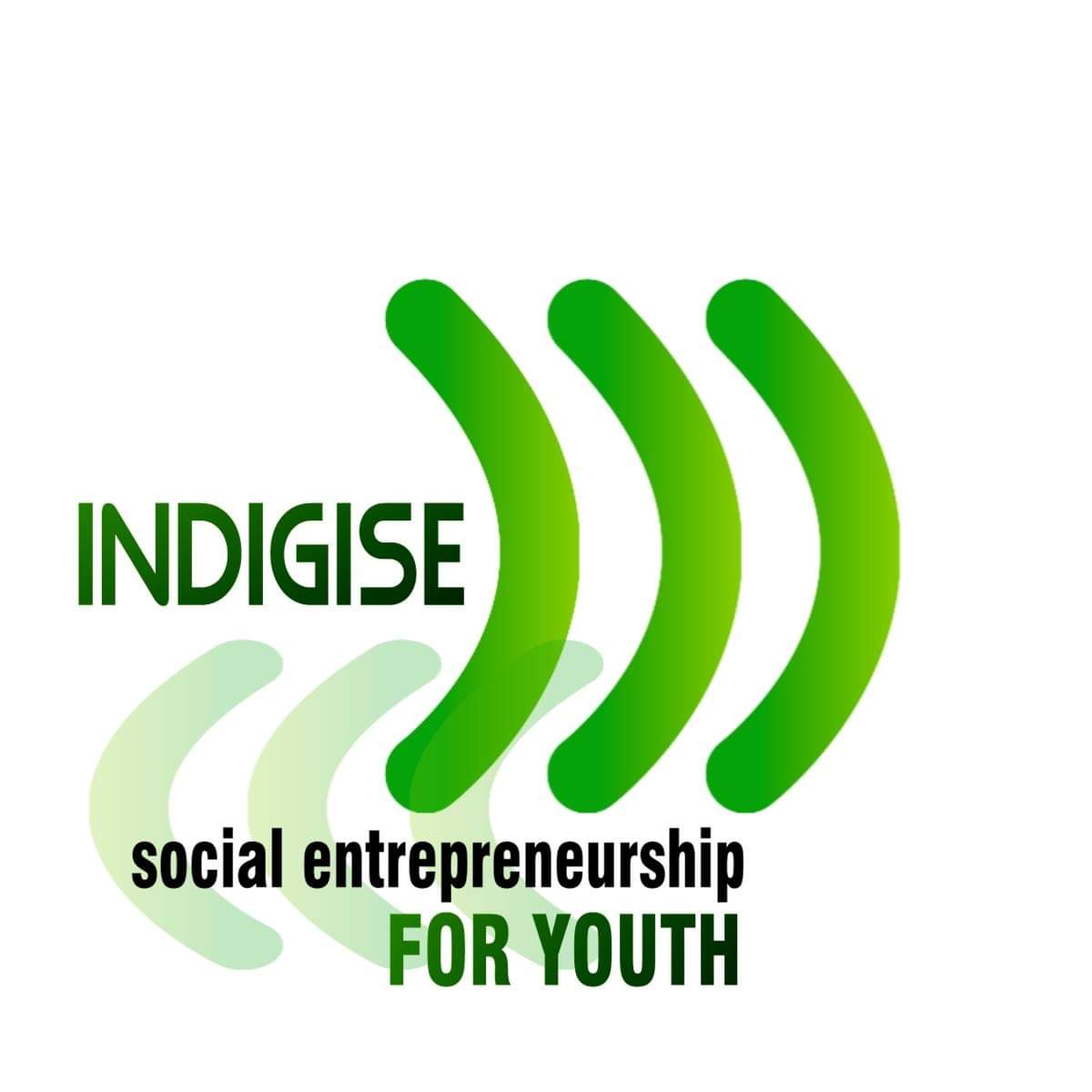In introducing Youth 2030, the UN strategy for supporting youth to turn their “ideas into action,” Secretary-General Antonio Guterres acknowledged that
youth are “a vast source of innovation, ideas, and solutions” who are providing vital change and leadership on the global climate crisis, social justice, and technology
– (United Nations 2018)
As this UN initiative acknowledges, youth social entrepreneurs have great potential to lead positive change in the world today. This research contributes to understanding how to realize the potential and success of youth social entrepreneurs by identifying the support they need.
SOME OF THE FINDINGS
The authors explored the dynamic ecosystem, including key influencers, access to resources, and the youth social entrepreneur mindset that provide youth the opportunity to rise up to transform themselves, the world, and the future. Many features of this ecosystem are unique to youth social entrepreneurs. Because youth differ from adults with regard to their societal roles, power dynamics, propensity to engage in prosocial behaviors, outlook on life, and patterns of thinking, the
youth social entrepreneur ecosystem is distinct from the adult social entrepreneur ecosystem.
Perhaps this is most evident in the role influencers such as adult allies, peers, and parents, as well as resources such as access to technology and place, play in bridging the opportunity gap for youth social entrepreneurs. By exploring the experiences of established youth social entrepreneurs and building on the extant research, this research provides a framework for understanding how to enable the success of youth social entrepreneurs.

Indeed, there are those who view youth as lacking actionable ideas and requiring extensive instruction before becoming social entrepreneurs.
Yet as the research makes clear, youth have powerful ideas and can put those ideas into action to create positive change. Furthermore, some of the behavioral tendencies of youth that have been viewed through a negative lens—risk taking, challenging authority and status quo, and reward seeking—may help them to approach and pursue difficult societal challenges through social entrepreneurship.
As the Greek philosopher Plutarch noted, working with and supporting youth is not the filling of an empty pail, but rather the lighting of a fire (Sweeney 1968). In fact, the passion, fresh perspectives, and positive outlook of youth often spur them to take action to create social impact. So, what can adults do to fuel the fire in youth social entrepreneurs? Adult allies can help youth develop the personal agency to act on what they know, what they think, and what they feel. Many of our youth social entrepreneur partners credited parents or teachers with encouraging them.
This research with youth social entrepreneurs suggests that their faces and voices are diverse.
The youth social entrepreneurs they partnered with were from varied backgrounds and their work was motivated by a wealth of passion and purposes. Thus, parents, teachers, youth organizations, and other allies aiming to encourage youth to become social entrepreneurs should be open to a variety of models of what a youth social entrepreneur might “look like.” The fact is, all youth have the potential to create positive social change as long as we as a society bridge the opportunity gap by providing them with the ecosystem they need to fulfill their potential.
The full article is available HERE or as a download below.
To cite this article: Bublitz, M. G., Chaplin, L. N., Peracchio, L. A., Cermin, A. D., Dida, M., Escalas, J. E., … & Miller, E. G. (2021). Rise up: Understanding youth social entrepreneurs and their ecosystems. Journal of Public Policy & Marketing, 40(2), 206-225.
To link to this article: https://doi.org/10.1177/0743915620937702
– – –


This publication has been prepared within INDIGISE project. The content of this publication is the sole responsibility of the project coordinator and may not always reflect the views of the European Commission or the National Agency.
















I have read your article carefully and I agree with you very much. This has provided a great help for my thesis writing, and I will seriously improve it. However, I don’t know much about a certain place. Can you help me?